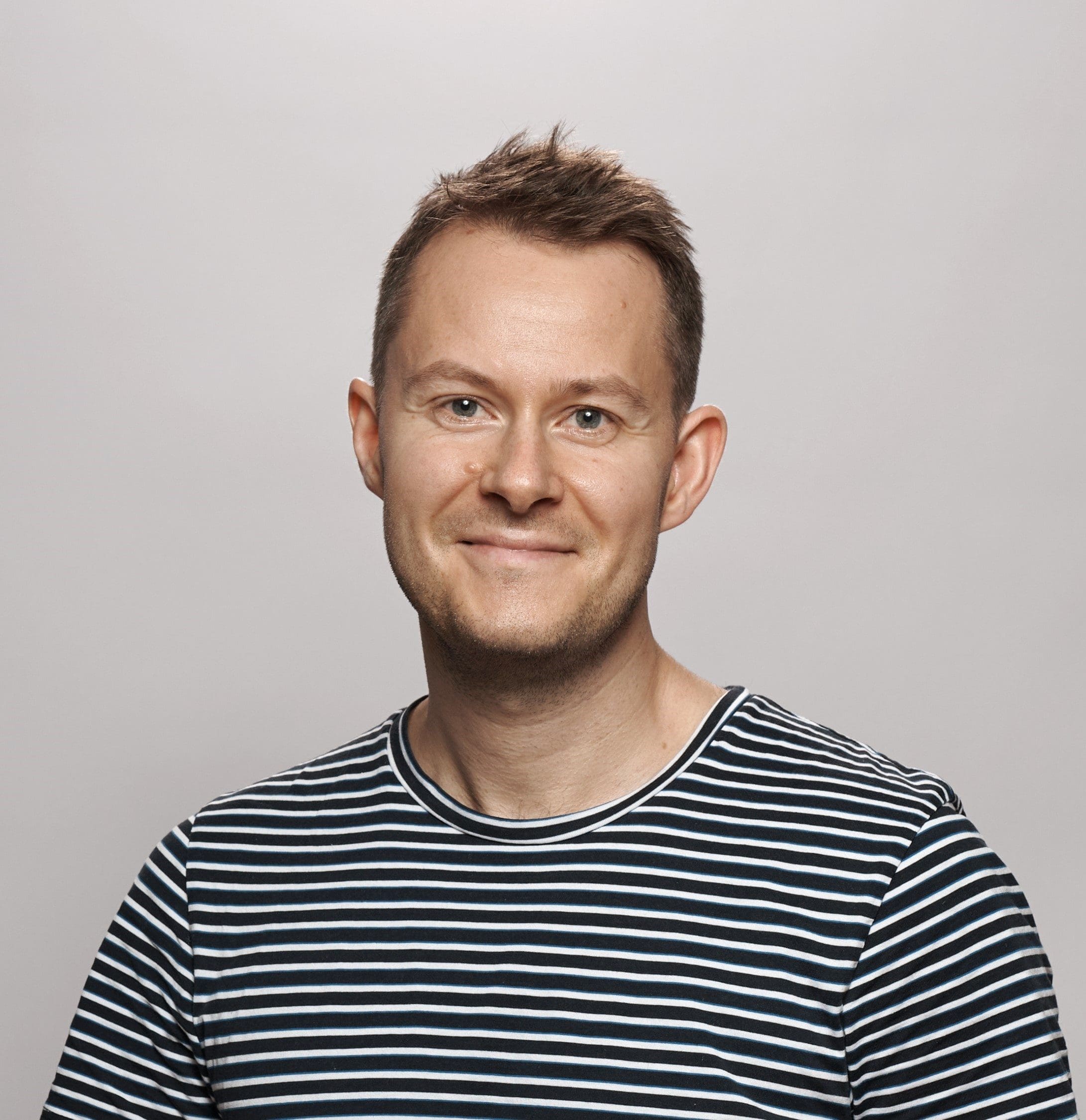
With a strong commitment to doctoral education and many years of experience as a researcher and director, Professor Pascal Madeleine has joined the Board of Directors at the Danish Diabetes and Endocrine Academy (DDEA).
– I am very much looking forward to contributing to shaping the future direction of DDEA, says Pascal Madeleine.
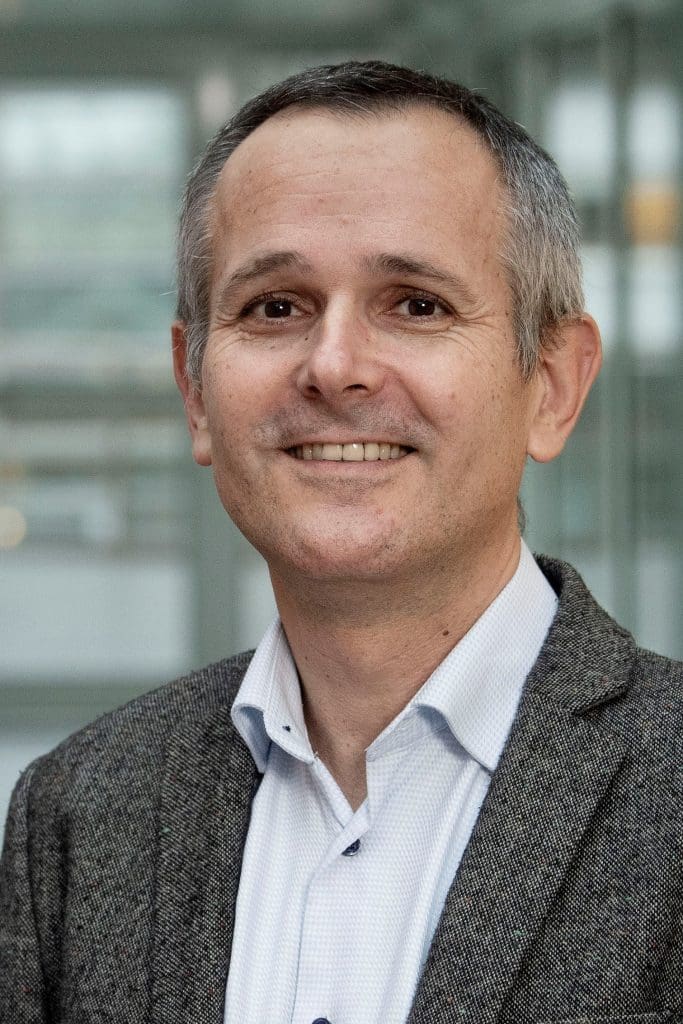
Pascal Madeleine trained as an engineer in medical technology in France and earned his PhD from Aalborg University in 1998. Since then, he has obtained a Doctor of Science (Dr. Scient.) and has led a research group at the Department of Medicine and Technology for more than 15 years. He has held a professorship there since 2012.
In 2020, he was appointed Directory of the PhD School at the Faculty of Medicine at Aalborg University, and since 2024 he has represented the university’s PhD schools in Universities Denmark’s working group on doctoral education.
His motivation for joining the DDEA Board of Directors stems from a desire to strengthen the strategic framework for PhD and postdoctoral education:
– I look forward to contributing to the strategic work of the Board, so that DDEA – and Denmark – can continue to hold a strong position in research in diabetes and classical endocrinology both nationally and internationally.
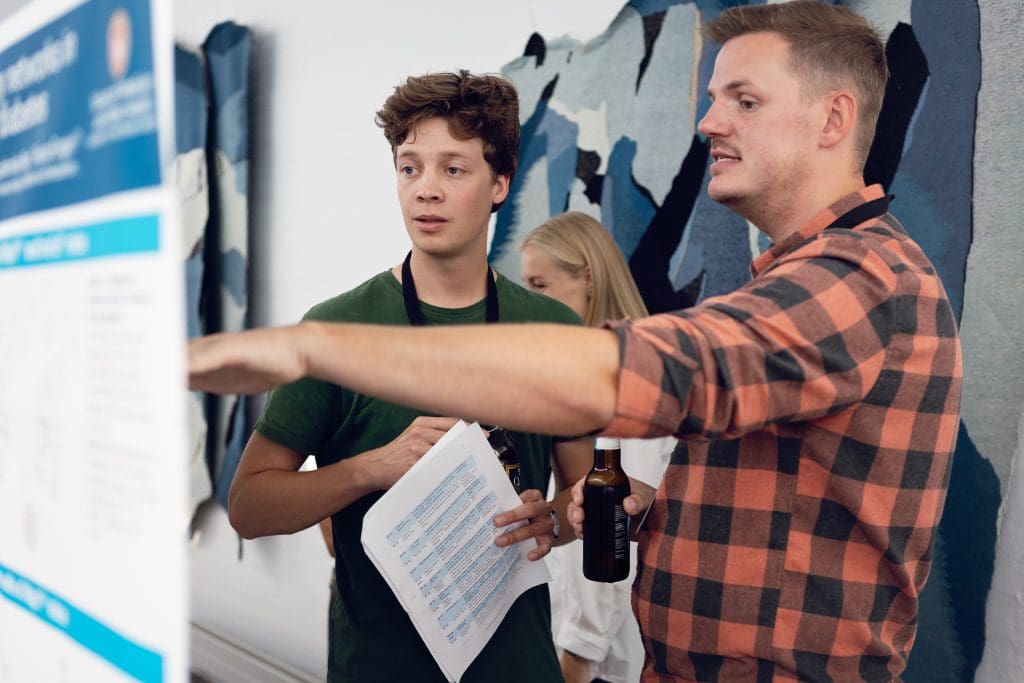
On 20 May, Pascal participated in his first Board meeting at DDEA – and his first impression was a positive one:
– It was a very good meeting, and the group around the table was excellent. The future direction of the Academy was on the agenda – and it was both inspiring and highly relevant to my work at AAU.
Professor Pascal Madeleine sees a natural synergy between his role in DDEA and his position as Head of a PhD School – particularly in helping early-career researchers progress in their careers:
– I am deeply engaged in how we, as supervisors and as a system, can support researchers in transitioning from PhD to postdoc – and beyond. These are short-term positions. Just like many PhD students, postdocs often don’t know what the next step is, he says.
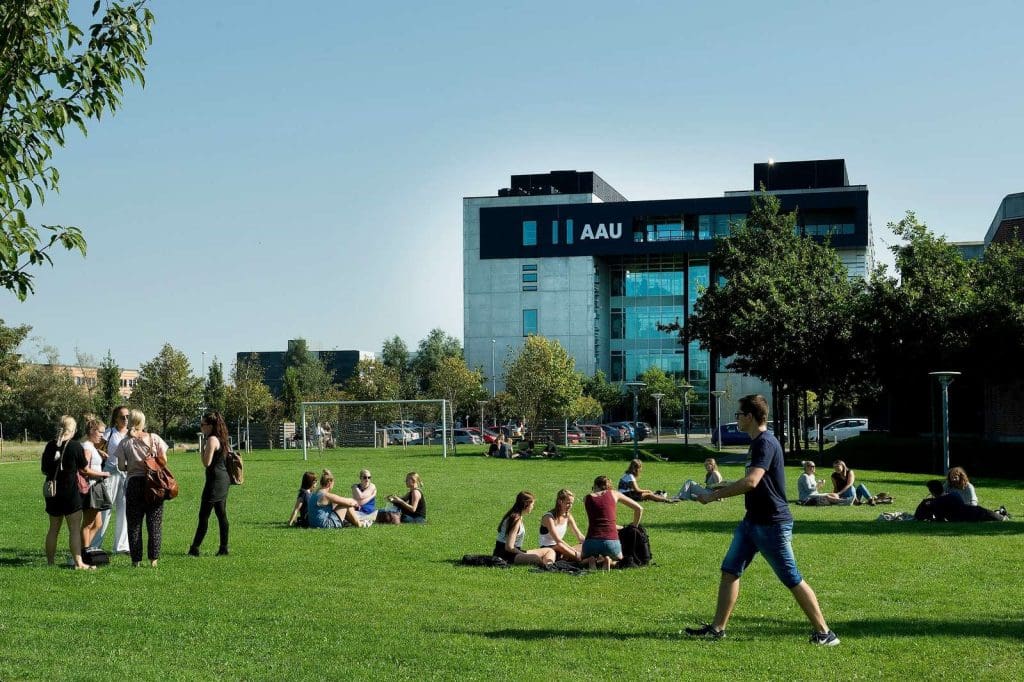
At the same time, he highlights a need for greater flexibility and adaptability in the system:
– Many of my colleagues are primarily focused on research output and the next publication. There is a lack of strategic awareness regarding how we also ensure that early-career researchers can continue their careers – whether within or beyond academia.
He believes this calls for more honest supervision:
– Sometimes, we need to be brave enough to say to early-career researchers: ‘You should consider a different path’. Because even the most impressive publications do not guarantee a livelihood.
To Pascal Madeleine, DDEA plays a vital role in the Danish research landscape – not only as a source of funding, but also as a platform for new collaborations and opportunities:
– The Academy plays an extremely important role. It builds networks that extend deep into future research projects and can introduce early-career researchers to opportunities in other sectors.
Early-career researchers are often the driving force behind many research projects.
– I am passionate about ensuring that they have the right conditions to thrive – both academically and in their relationships with supervisors.
As a new generation of researchers enters labs and offices, Pascal sees a clear need to adjust expectations and supervisory culture:
– We are working with a new generation – the so-called Generation Z – who approach work life with different values and priorities. They are very mindful that there must also be time for private and family life, and that is entirely legitimate.
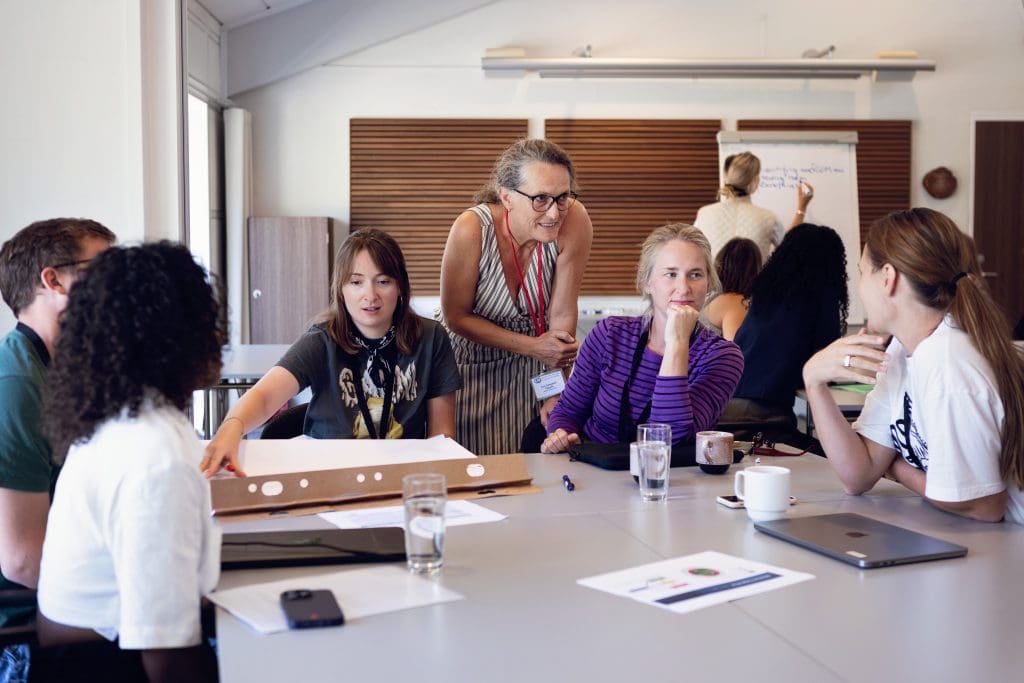
Many of them leave work at 15.30 o’clock and consider that a full working day. This generational shift can create tensions in the relationship with more senior supervisors, who may be used to beginning their research tasks just as the day’s meetings are wrapping up around that time.
– That is why it is essential that we do not try to reproduce outdated models of how a PhD programme should be structured. Instead, we need to invest in an open and honest discuss of expectations – and ideally at an early stage.
He proposes making expectation alignment a formal part of the supervision process – for example, through a cooperation agreement between student and supervisor:
– If expectations are not articulated, we risk misunderstandings and frustration – on both sides.
We are excited to begin working with Pascal Madeleine and look forward to the perspectives he brings to the Board – particularly his commitment to strengthening the framework for PhD and postdoctoral training, and to fostering dialogue and mutual understanding between generations in the research environment.
DDEA is headed by a Board of Directors of seven members.
The principal tasks of the Board of Directors are to:
EAN: 5798 0022 30642
Reference: 1025 0006
CVR: 29 19 09 09